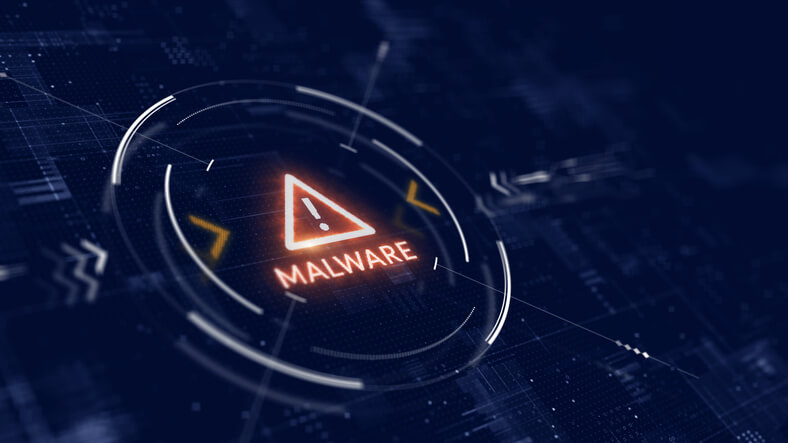TL;DR:
Part 2 covers key cybersecurity interview questions on malware, incident response, and behavioral answers. Learn how to stay current, talk frameworks, and respond like a pro.
Welcome to Part 2 of the top 10 cybersecurity interview questions. You may be wondering, are cybersecurity interviews hard? They can be challenging because cybersecurity is broad, but it really depends on the role and your preparation.
Part 2 covers questions 6–10, including technical topics (malware, incident response) and professional topics (staying current, security frameworks). Preparing for these answers will help you stand out in your interviews.
6. Cybersecurity Interview Questions Continued: What Is the Difference Between a Virus and a Worm?
How to Answer: Define each term and highlight the difference in how they spread.
- A virus is malicious code that attaches to a host file and requires a user action (like running an infected file) to execute and spread.
- A worm is a standalone malware that self-replicates and moves through networks without needing a host file or human intervention.
7. What Are the Steps of an Incident Response Plan, and Why Are They Important?
How to Answer: Briefly list the standard incident response phases and the purpose of each. A common lifecycle has six phases:
- Preparation (plan and prepare ahead of time),
- Identification (detect and confirm an incident),
- Containment (isolate the threat to limit damage),
- Eradication (remove the threat),
- Recovery (restore systems and services),
- and Lessons Learned (post-incident review and improvement).
Explain that following these steps ensures nothing important is overlooked during an incident.

8. Describe a Time You Had to Handle an Incident or Challenge. How Did You Approach It, and What Was the Result?
How to Answer: Pick an example (from a job, internship, or class project) and use the STAR method to answer this cybersecurity behavioral interview question and to structure your story: describe the Situation and your Task, then the Action you took, and the Result.
When answering cybersecurity behavioral interview questions, be specific about what you did. For example, you might discuss a malware incident in a lab project. Explain how you contained it, fixed the issue, and what the outcome was. Emphasize your problem-solving process and any teamwork.
9. How Do You Stay Up-To-Date With Cybersecurity Trends and Threats?
How to Answer: Demonstrate that you’re proactive about continuous learning. Mention concrete ways you keep current. For example, you might say you regularly keep current on the 5 types of cybersecurity through research and courses. What are the 5 types of cybersecurity? The major categories are Network Security (protecting networks), Information Security (protecting data), Application Security (securing software), Cloud Security (securing cloud systems), and Endpoint Security (protecting devices). The idea is to show that you stay informed and develop your skills beyond your cybersecurity training.

10. What Cybersecurity Frameworks or Standards Are You Familiar With, and How Have You Used Them?
How to Answer: Name a couple of well-known frameworks or standards and note how you’ve been exposed to them.
For example, you could mention the NIST Cybersecurity Framework (with its core functions like Identify, Protect, Detect, Respond, Recover) and ISO 27001 (an international standard for information security management).
If you learned about or used these in school or a past project, mention that. The key is to show you understand formal security best practices.
Questions to Ask the Interviewer
During your cybersecurity interview, questions will be asked, but you need to participate and show interest by asking questions, too. When it’s your turn, don’t hesitate to ask insightful questions. For example, you could ask about the biggest cybersecurity challenges the organization is facing, or what a typical day in this role looks like.
It’s also good to ask about professional development opportunities for the security team. These topics provide valuable insight into the company and show the interviewer that you’re interested in the role.
The Cybersecurity Diploma Program at Cumberland College’s Surrey Campus offers hands-on learning to help you build a strong foundation.
Contact CCBC to learn more.
Frequently Asked Questions
Question: Are cybersecurity interviews hard?
Answer: They can be challenging because cybersecurity is broad, but it really depends on the role and your preparation.
Question: What are the 5 types of cybersecurity?
Answer: The major categories are Network Security (protecting networks), Information Security (protecting data), Application Security (securing software), Cloud Security (securing cloud systems), and Endpoint Security (protecting devices)




